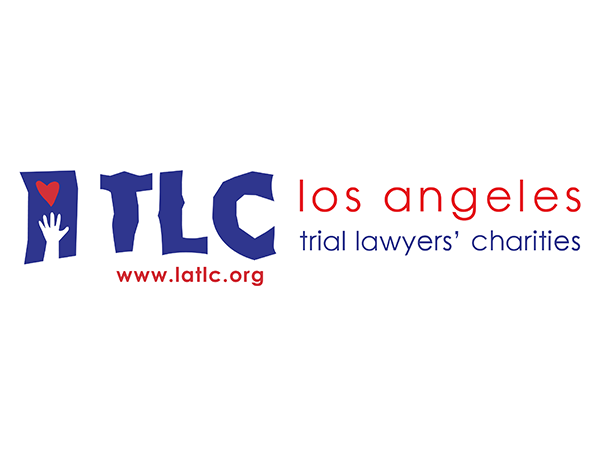
WHITE-COLLAR CRIME DEFENSE
White-collar crime cases are rarely simple as usually, they are mazes of financial documents, business decisions, electronic records, and more. However, our experienced lawyers know how to navigate through these complex mazes. At CFK Trial Lawyers For The People, we understand how easily white-collar crime charges can arise. We have seen them appear as the result of an honest financial mistake, of poor business agreements, or simply because of false accusations. A successful criminal defense strategy often requires finding a needle in a haystack. We will leave no stone unturned in our investigations, which is why we have a strong record of success. Please contact us to see if we can help. Moreover, we know how to build strong cases and get positive results for people charged with these type of offenses.
What Is a "White-Collar Crime"?
In general, the term "white collar crime" is used to refer to non-violent offenses associated with "white collar" workers, especially those working in finance. White-collar crime is typically thought of as an offense involving monetary losses. This may involve a business, someone’s personal finances, or even local, state, and federal agencies.
Although white-collar crimes can take many different forms, some common ones include:
Bank Fraud
This refers to any act or pattern of action that is intended to defraud a bank of funds. Using a stolen identity to make or access an account, creating a fake business, and trying to pass stolen checks can all be forms of bank fraud.
Embezzlement
Embezzlement occurs when someone is entrusted with company property or money and uses it for his or her own benefit. It can include actions like taking invested money or using company property.
Credit Card Fraud
This is the unauthorized use of credit cards to gain property or other goods. It can also include the use of stolen information to establish a credit line in someone else's name without their permission.
Computer Fraud
Computers can be used to defraud others out of money or other property, often by stealing information from individuals or businesses. Hacking and other cybercrimes are often prosecuted at the federal level.
Blackmail
Blackmail is a white-collar crime if it is performed by someone in a place of power within a company who uses threats of bodily harm or reputation damage to demand money or other items of value from someone else. Blackmail often involves a threat of revealing damaging secrets about someone.
Investment Schemes
These are situations in which a person is promised a return on an investment, which is typically never made while the invested money is kept by the perpetrator. Ponzi schemes are among these well-known white-collar crimes.
A few more examples of white-collar crime include wire fraud, tax fraud and tax evasion, Medicaid and Medicare fraud, and insurance fraud.
The dollar amounts in these kinds of cases can be substantial, which is why white-collar crimes have made headlines in recent years and are being prosecuted more aggressively than ever before.
Some Common Factors in White-Collar Crimes
While each charge will need its own specific strategy to prevent a conviction, there are common factors in these types of cases.
Intent
Legally speaking, “intent” means that a defendant did not have to commit the crime, only desire to commit the crime and take steps to commit it. To convict a defendant of bank fraud, for example, the prosecution must show that the defendant intended to defraud a bank of money, assets, or property. Mistakenly taking funds from a bank due to a filing error is not a crime, as it lacked intent on the defendant’s part.
Capabilities
Intent is not enough for a court to convict a defendant for a white-collar crime. In addition to intending to commit the crime, the defendant must have been capable of committing the crime.
Fraud
Fraud refers to the act of using deceit, trickery, or lies to falsely represent or conceal certain facts. This can be done to acquire someone else’s property or to damage another person’s finances. Fraud plays a role in most white-collar crimes, especially those involving contracts, legal agreements, and the sharing of financial information.
Some Defense Strategies in White-Collar Cases
To beat a white-collar charge, you need to work with a team that has an in-depth understanding of how investigators collect evidence and how prosecutors litigate these cases. After speaking to you in a free consultation, we can begin preparing a defense strategy, which may include:
You had no intention of committing a crime, and it only occurred due to an error.
You were not aware that you provided false information.
The victim did not suffer an injury or loss due to fraud.
Another individual committed the crime.
The prosecution lacks sufficient evidence to convict you.
Evidence against you was obtained illegally.












